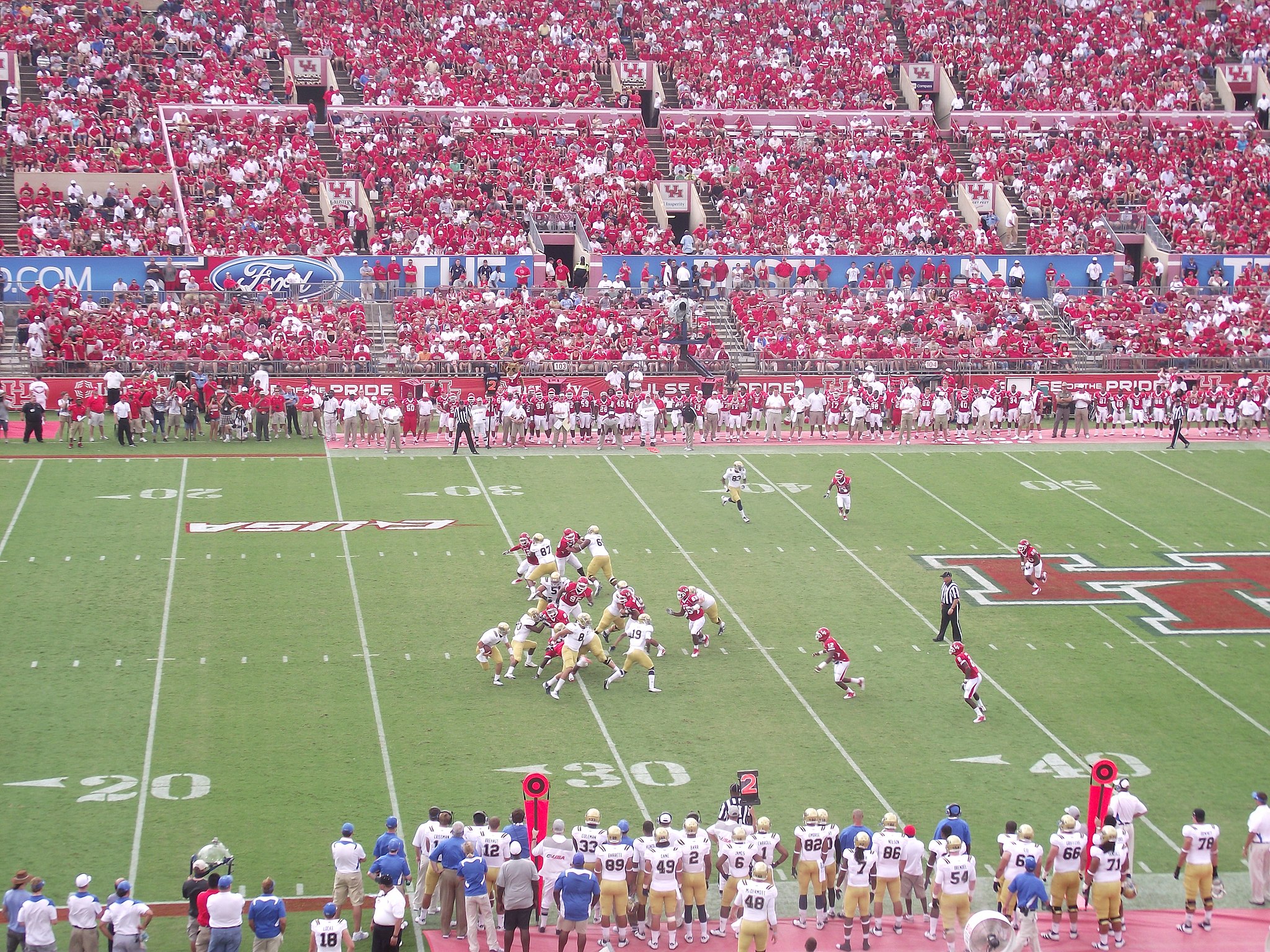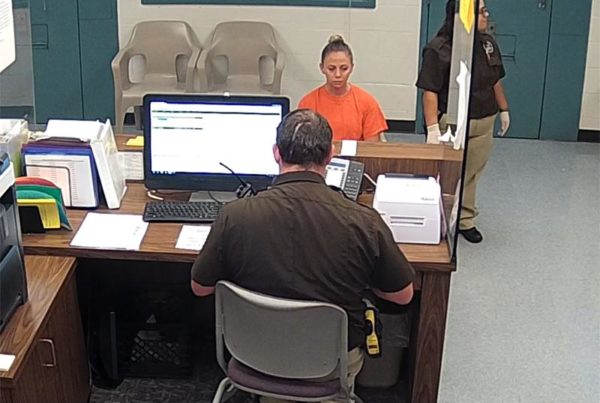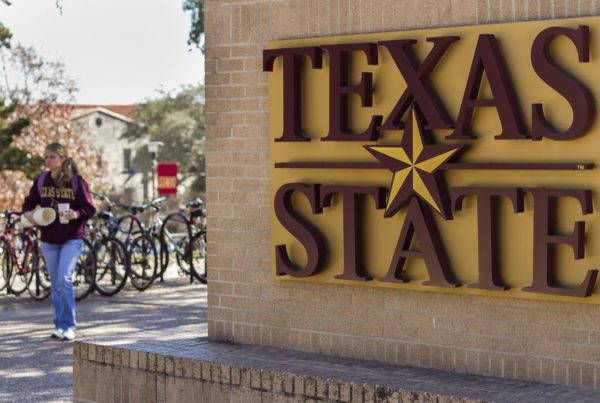Earlier this week, California Gov. Gavin Newsom signed the Fair Pay to Play Act into law. The measure entitles college athletes in the Golden State to make money from their name, image and likeness, including through endorsement deals or jersey sales. But those opportunities are currently forbidden under NCAA rules.
California’s new law doesn’t go into effect until 2023. By then, it’s conceivable that other states will have passed similar laws.
Paul Batista is a sports law expert and associate professor of sport management at Texas A&M University. He says the California law stems from complaints that players don’t share in the wealth generated by college sports. The NCAA, which governs college sports, says the law is a bad idea.
“From the NCAA’s standpoint, they see this as a potential nightmare – bidding wars for recruits creating a huge imbalance,” Batista says. “In fact, some have come out and said this will destroy college football and college athletics.”
Batista says other states are considering similar rules. He says a patchwork of different state laws could create an imbalance in recruitment, as athletes choose schools in states that allow them to earn money based on their sports achievements.
Texas isn’t among the states currently considering allowing athletes to profit, but Batista says change is always possible.
“I would never try to guess what the Texas Legislature is going to do,” he says.
Batista says Texas would probably wait to consider such a law until many other states had already passed theirs.
The NCAA has threatened to remove California schools from its membership, and athletic directors at large colleges in other states have threatened not to play California teams after the law takes effect.
Written by Shelly Brisbin.















